Home>Furniture & Design>Interior Design Trends>How To Remove Hard Water Stains From Glass
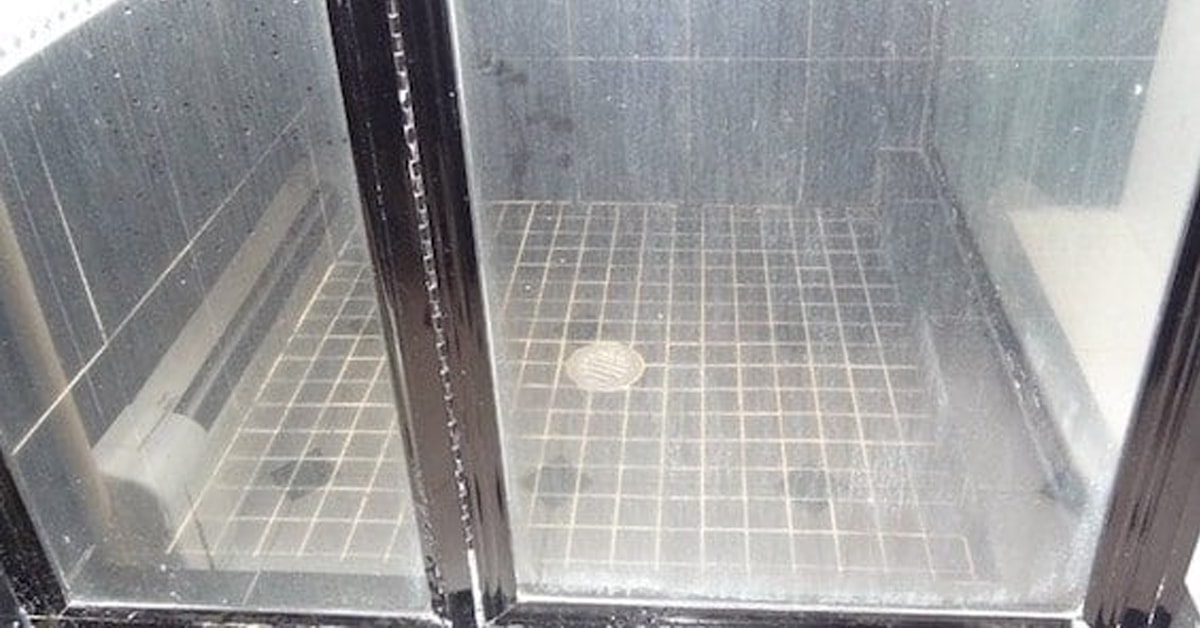

Interior Design Trends
How To Remove Hard Water Stains From Glass
Modified: February 18, 2024
Learn effective techniques for removing hard water stains from glass surfaces and keep up with the latest interior design trends. Discover how to achieve sparkling, streak-free glass with our expert tips.
(Many of the links in this article redirect to a specific reviewed product. Your purchase of these products through affiliate links helps to generate commission for Storables.com, at no extra cost. Learn more)
Introduction
Hard water stains on glass surfaces can be a persistent nuisance, detracting from the aesthetic appeal of your home. These unsightly marks are caused by mineral deposits left behind when water evaporates, leaving behind a cloudy, white residue. Whether it's on shower doors, windows, or glassware, these stubborn stains can be challenging to remove without the right techniques.
In this comprehensive guide, we will explore effective methods for eliminating hard water stains from glass, providing you with the knowledge and tools to restore clarity and shine to your glass surfaces. From natural remedies to commercial cleaners, we'll cover a range of solutions to suit your preferences and environmental considerations.
By understanding the nature of hard water stains and learning how to combat them effectively, you can maintain the pristine appearance of your glass fixtures and enjoy a sparkling, streak-free finish. Let's delve into the world of hard water stain removal and discover the transformative power of simple yet powerful cleaning solutions.
Key Takeaways:
- Say goodbye to hard water stains on glass with natural remedies like vinegar and baking soda, or commercial cleaners. Prevent future stains by using a squeegee and considering water softening systems or protective coatings.
- Understanding hard water stains and using the right cleaning methods can keep your glass surfaces sparkling and free from unsightly mineral deposits. Embrace proactive measures like regular maintenance to maintain the pristine appearance of your home.
Understanding Hard Water Stains
Hard water stains, also known as limescale or mineral deposits, are the result of minerals such as calcium and magnesium present in water. When hard water comes into contact with glass surfaces and subsequently evaporates, it leaves behind these minerals, creating a cloudy or chalky residue. This buildup can be particularly noticeable on shower doors, windows, glassware, and other glass surfaces, diminishing their transparency and aesthetic appeal.
The mineral deposits in hard water adhere to the glass, forming stubborn stains that are challenging to remove with regular cleaning methods. Over time, these stains can become more pronounced, making the affected surfaces appear dull and unattractive. Understanding the composition and characteristics of hard water stains is crucial for effectively addressing and preventing their recurrence.
The mineral content in hard water varies depending on geographical location, with some regions experiencing higher levels of calcium, magnesium, and other minerals. When hard water dries on glass surfaces, it leaves behind a visible residue that can be difficult to eliminate without targeted cleaning techniques. Additionally, the longer hard water stains are left untreated, the more firmly they can bond to the glass, making removal even more challenging.
It's important to note that hard water stains are not only a cosmetic concern but can also affect the structural integrity of glass surfaces over time. The accumulation of mineral deposits can compromise the clarity and smoothness of glass, potentially leading to long-term damage if not addressed promptly.
By gaining a deeper understanding of the nature of hard water stains, you can approach their removal with greater insight and effectiveness. With this knowledge, you'll be better equipped to explore the various methods and solutions available for combating hard water stains and restoring the pristine appearance of your glass surfaces.
Methods for Removing Hard Water Stains
When it comes to removing hard water stains from glass, several effective methods can restore the clarity and shine of your surfaces. From natural remedies to commercial cleaners, each approach offers unique benefits for tackling stubborn mineral deposits. By exploring these methods, you can choose the most suitable solution based on your preferences and the severity of the stains.
Using Vinegar and Baking Soda
A popular and environmentally friendly method for removing hard water stains involves the use of vinegar and baking soda. This natural cleaning duo offers gentle yet effective stain removal properties. To begin, create a paste by mixing baking soda with white vinegar until it forms a thick consistency. Apply the paste to the affected glass surfaces, ensuring that the hard water stains are thoroughly covered. Allow the paste to sit for several minutes to penetrate the stains before gently scrubbing the area with a non-abrasive sponge or cloth. The mild abrasive nature of baking soda, combined with the acidic properties of vinegar, helps to break down and lift the mineral deposits from the glass, revealing a clean and clear surface.
Using Commercial Cleaners
For more stubborn hard water stains or time-sensitive cleaning needs, commercial cleaners specifically formulated for glass surfaces can provide effective results. These cleaners are designed to target mineral deposits and dissolve them with minimal effort. When using a commercial cleaner, carefully follow the manufacturer's instructions to ensure safe and optimal application. Many commercial cleaners are available in spray or liquid form, allowing for easy and precise application to the affected areas. After applying the cleaner, use a soft cloth or sponge to gently scrub the glass, working the product into the stains. Once the stains have been treated, thoroughly rinse the glass surfaces with water to remove any residual cleaner and mineral residue, revealing a pristine finish.
Using Lemon Juice
Lemon juice, with its natural acidic properties, can also be utilized to combat hard water stains on glass. The citric acid in lemon juice effectively breaks down mineral deposits, making it an excellent natural alternative for stain removal. To use lemon juice, simply apply it directly to the affected areas and allow it to sit for a few minutes to penetrate the stains. Afterward, gently scrub the glass surfaces with a sponge or cloth to lift the softened mineral deposits. The refreshing scent of lemon adds a pleasant touch to the cleaning process, leaving behind a fresh and revitalized surface.
By employing these methods for removing hard water stains, you can effectively restore the clarity and luster of your glass surfaces, ensuring a pristine and inviting environment. Whether opting for natural remedies or commercial cleaners, each approach offers a pathway to achieving a streak-free and radiant finish, free from the unsightly effects of hard water stains.
Using Vinegar and Baking Soda
A popular and environmentally friendly method for removing hard water stains from glass involves the use of vinegar and baking soda. This natural cleaning duo offers gentle yet effective stain removal properties, making it a go-to solution for those seeking a non-toxic and budget-friendly approach to restoring the clarity of glass surfaces.
To begin, create a paste by mixing baking soda with white vinegar until it forms a thick and spreadable consistency. The chemical reaction between the acidic vinegar and the alkaline baking soda produces carbon dioxide, resulting in a foaming action that helps to dislodge and lift the mineral deposits from the glass surface. This effervescent reaction contributes to the effectiveness of the cleaning process, aiding in the breakdown of stubborn hard water stains.
Once the paste is prepared, apply it generously to the affected glass surfaces, ensuring that the hard water stains are thoroughly covered. Allow the paste to sit for several minutes, allowing the natural cleaning agents to penetrate and loosen the mineral deposits. This dwell time is essential for maximizing the effectiveness of the cleaning process, as it allows the vinegar and baking soda to work on breaking down the stubborn stains.
After the dwell time has elapsed, gently scrub the glass surfaces using a non-abrasive sponge or cloth. The mild abrasive nature of baking soda, combined with the acidic properties of vinegar, helps to dislodge and lift the mineral deposits from the glass, revealing a clean and clear surface. The gentle scrubbing action further aids in removing the softened stains, allowing for a thorough and effective cleaning process.
Following the scrubbing process, thoroughly rinse the glass surfaces with water to remove any residual paste and loosened mineral residue. This final step ensures that the glass is left free from any remaining cleaning agents and mineral deposits, resulting in a pristine and streak-free finish.
By utilizing the natural cleaning power of vinegar and baking soda, you can effectively combat hard water stains on glass surfaces, restoring their transparency and luster without the need for harsh chemicals or abrasive cleaners. This method not only provides an environmentally conscious approach to cleaning but also offers a cost-effective and versatile solution for maintaining the pristine appearance of glass fixtures throughout your home.
Using Commercial Cleaners
When it comes to tackling stubborn hard water stains on glass surfaces, commercial cleaners specifically formulated for glass provide a powerful and convenient solution. These specialized cleaners are designed to target mineral deposits and dissolve them with minimal effort, making them an ideal choice for effectively restoring the clarity and shine of glass fixtures.
Commercial cleaners for hard water stains are available in various formulations, including sprays, foams, and liquid solutions. Their specific chemical compositions are tailored to address the challenges posed by mineral deposits, offering potent cleaning agents that effectively break down and lift the stubborn stains from glass surfaces. These cleaners often contain acidic or alkaline ingredients that work to dissolve and dislodge the mineral deposits, allowing for easy removal and thorough cleaning.
When using a commercial cleaner, it is essential to carefully follow the manufacturer's instructions to ensure safe and optimal application. Begin by applying the cleaner to the affected glass surfaces, ensuring that the hard water stains are thoroughly covered. The formulation of the cleaner allows it to adhere to the stains, penetrating and working on the mineral deposits to facilitate their removal.
After applying the commercial cleaner, use a soft cloth or sponge to gently scrub the glass surfaces, working the product into the stains. This gentle scrubbing action helps to further dislodge and lift the mineral deposits, allowing the cleaner to effectively target and dissolve the stubborn stains. The specialized chemical agents in the cleaner work to break down the mineral deposits, making them easier to remove and leaving the glass surfaces clean and revitalized.
Once the stains have been treated, thoroughly rinse the glass surfaces with water to remove any residual cleaner and mineral residue. This final step ensures that the glass is left free from any remaining cleaning agents and ensures a pristine and streak-free finish. The result is a sparkling and transparent surface, free from the unsightly effects of hard water stains.
By utilizing commercial cleaners specifically formulated for hard water stains, you can effectively restore the pristine appearance of glass surfaces with minimal effort. These cleaners offer a convenient and potent solution for combating stubborn mineral deposits, providing a pathway to achieving a streak-free and radiant finish, free from the unsightly effects of hard water stains.
Using Lemon Juice
Lemon juice, with its natural acidic properties, offers a refreshing and effective solution for combating hard water stains on glass surfaces. The citric acid present in lemon juice serves as a powerful natural cleaner, capable of breaking down mineral deposits and revitalizing the transparency of glass fixtures. This natural alternative not only provides an environmentally friendly approach to cleaning but also infuses a fresh and invigorating aroma into the process, elevating the overall cleaning experience.
To utilize lemon juice for removing hard water stains, begin by applying it directly to the affected glass surfaces. The acidic nature of lemon juice works to soften and dissolve the mineral deposits, making it easier to lift and remove the stubborn stains. Allow the lemon juice to sit on the stains for a few minutes, enabling it to penetrate and work on the mineral deposits effectively.
After the dwell time has elapsed, gently scrub the glass surfaces with a non-abrasive sponge or cloth. The combination of the acidic properties of lemon juice and the gentle scrubbing action helps to dislodge and lift the softened mineral deposits from the glass, revealing a clean and clear surface. This process allows the natural cleaning power of lemon juice to work its magic, restoring the transparency and luster of the glass fixtures.
Following the gentle scrubbing, thoroughly rinse the glass surfaces with water to remove any residual lemon juice and loosened mineral residue. This final step ensures that the glass is left free from any remaining cleaning agents and mineral deposits, resulting in a pristine and streak-free finish. The result is a revitalized and sparkling surface, free from the unsightly effects of hard water stains.
By harnessing the natural cleaning properties of lemon juice, you can effectively combat hard water stains on glass surfaces, restoring their clarity and radiance without the need for harsh chemicals or abrasive cleaners. This method not only provides a natural and eco-friendly approach to cleaning but also imparts a delightful citrus scent, leaving behind a fresh and inviting ambiance in your living spaces.
Preventing Hard Water Stains
Preventing hard water stains on glass surfaces involves proactive measures aimed at minimizing the accumulation of mineral deposits and maintaining the pristine appearance of glass fixtures. By implementing preventive strategies, you can reduce the frequency of cleaning and prolong the clarity and transparency of glass surfaces, ensuring a consistently inviting and polished aesthetic. Here are several effective methods for preventing hard water stains:
Regular Maintenance
Consistent and thorough cleaning of glass surfaces can help prevent the buildup of hard water stains. By incorporating regular maintenance into your cleaning routine, you can minimize the opportunity for mineral deposits to accumulate and adhere to the glass. Using a mild glass cleaner and a non-abrasive cloth or sponge, gently wipe down the glass surfaces to remove any residual water and mineral residue. This proactive approach can help maintain the transparency and luster of glass fixtures, reducing the likelihood of stubborn hard water stains.
Squeegee Usage
Utilizing a squeegee after showering or during routine glass cleaning can significantly reduce the occurrence of hard water stains. By quickly removing excess water from shower doors, windows, and other glass surfaces, you can minimize the drying of hard water and the subsequent formation of mineral deposits. Incorporating a squeegee into your post-shower or cleaning routine can effectively mitigate the impact of hard water stains, preserving the clarity and cleanliness of glass fixtures.
Water Softening Systems
Installing a water softening system can be a proactive and long-term solution for preventing hard water stains. These systems work by reducing the mineral content in water, effectively minimizing the formation of mineral deposits on glass surfaces. By treating the water at the source, water softening systems can help maintain the clarity and transparency of glass fixtures throughout your home, offering a comprehensive approach to preventing hard water stains.
Protective Coatings
Applying a protective coating to glass surfaces can create a barrier against hard water stains, reducing their adhesion and making cleaning easier. Various glass sealants and coatings are available, offering hydrophobic properties that repel water and minimize the accumulation of mineral deposits. By applying a protective coating to shower doors, windows, and glassware, you can proactively safeguard the surfaces against the effects of hard water, preserving their pristine appearance and minimizing the need for frequent cleaning.
By incorporating these preventive measures into your maintenance routine, you can effectively minimize the impact of hard water stains on glass surfaces, ensuring a consistently clear and inviting environment. These proactive strategies offer a comprehensive approach to maintaining the transparency and luster of glass fixtures, reducing the need for intensive cleaning and preserving the aesthetic appeal of your living spaces.
Conclusion
In conclusion, the battle against hard water stains on glass surfaces can be effectively addressed through a combination of understanding, proactive prevention, and targeted cleaning methods. By gaining insight into the nature of hard water stains and the factors contributing to their formation, individuals can approach their removal and prevention with greater efficacy and confidence.
The methods for removing hard water stains, including the use of natural remedies such as vinegar and baking soda, commercial cleaners, and lemon juice, offer versatile and effective solutions for restoring the clarity and luster of glass fixtures. Each approach presents unique benefits, catering to diverse preferences and environmental considerations. Whether opting for the natural cleaning power of vinegar and baking soda or the convenience of commercial cleaners, individuals can achieve a streak-free and radiant finish, free from the unsightly effects of hard water stains.
Furthermore, the implementation of preventive measures, such as regular maintenance, squeegee usage, water softening systems, and protective coatings, offers a proactive approach to minimizing the accumulation of mineral deposits and preserving the pristine appearance of glass surfaces. By integrating these strategies into their cleaning and maintenance routines, individuals can reduce the frequency of cleaning and prolong the transparency and luster of glass fixtures, ensuring a consistently inviting and polished aesthetic.
Ultimately, the battle against hard water stains on glass surfaces is not only about effective cleaning methods but also about proactive maintenance and preventive measures. By combining knowledge, targeted cleaning techniques, and preventive strategies, individuals can maintain the clarity and radiance of glass fixtures, creating an environment that exudes cleanliness, comfort, and visual appeal.
In embracing these comprehensive approaches, individuals can enjoy the transformative power of simple yet powerful cleaning solutions, ensuring that their glass surfaces remain free from the unsightly effects of hard water stains. With a deeper understanding of the nature of hard water stains and the tools to combat them effectively, individuals can elevate the cleanliness and visual allure of their living spaces, fostering an environment that is both inviting and aesthetically pleasing.
Frequently Asked Questions about How To Remove Hard Water Stains From Glass
Was this page helpful?
At Storables.com, we guarantee accurate and reliable information. Our content, validated by Expert Board Contributors, is crafted following stringent Editorial Policies. We're committed to providing you with well-researched, expert-backed insights for all your informational needs.
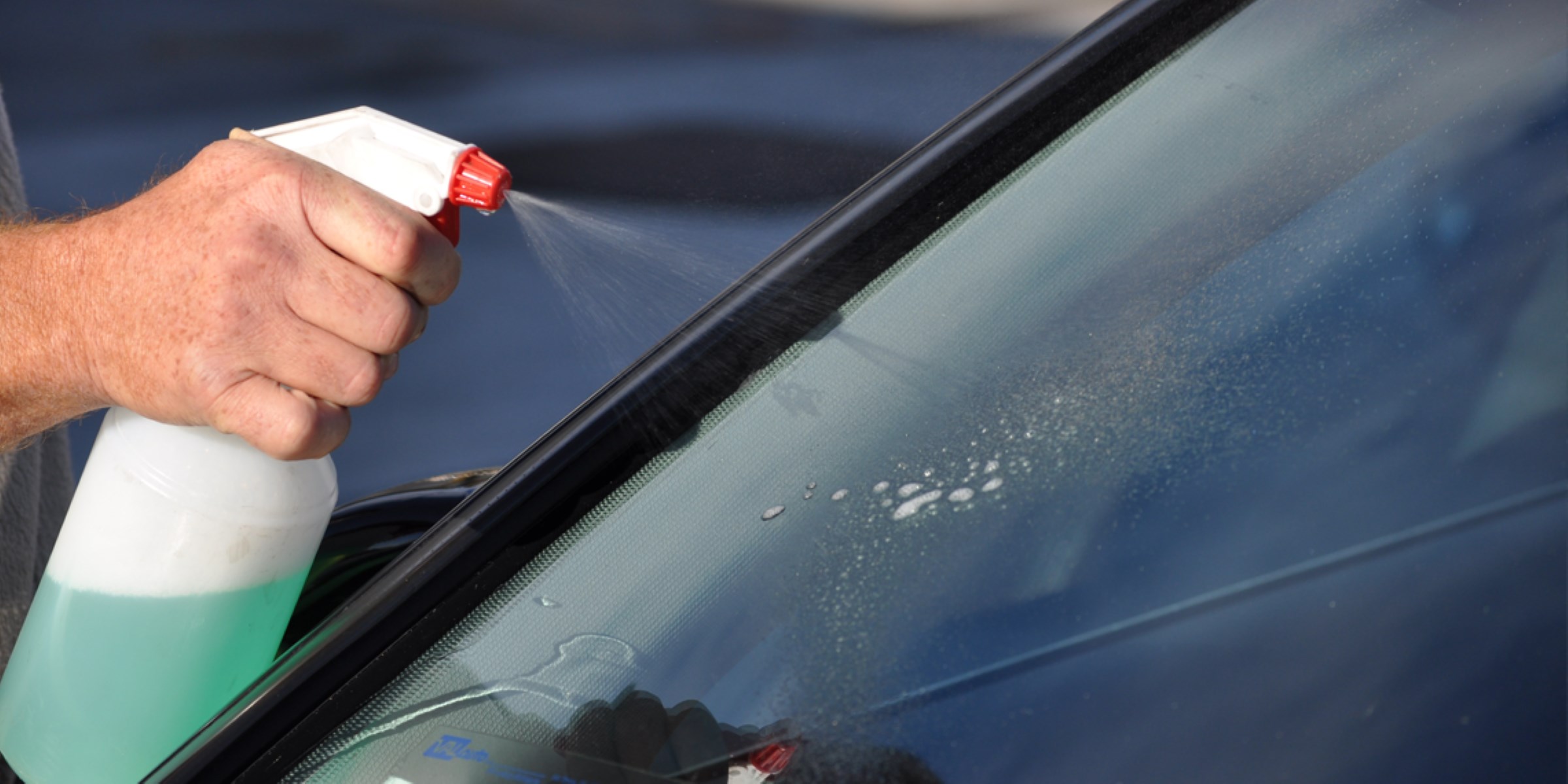
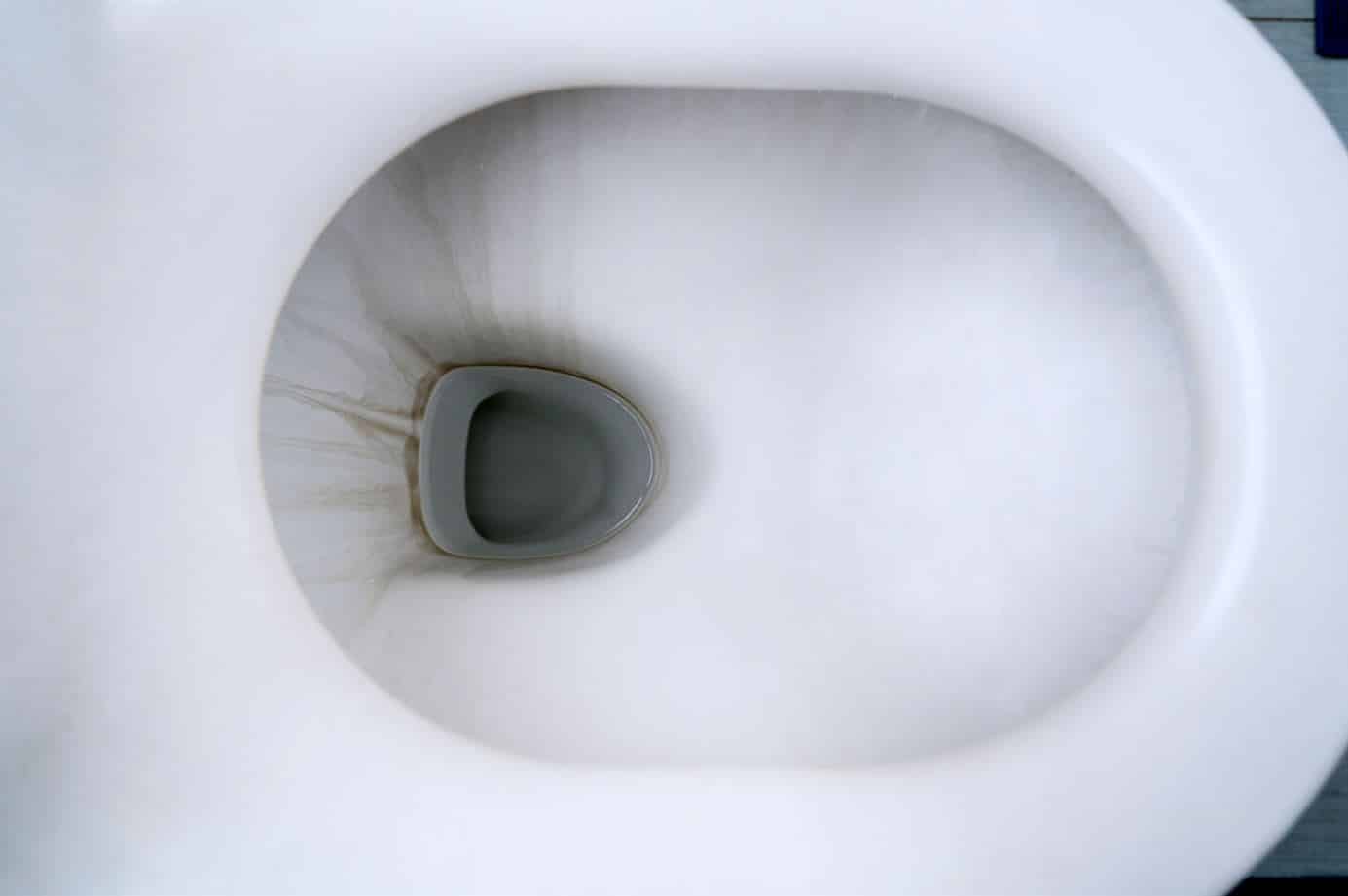
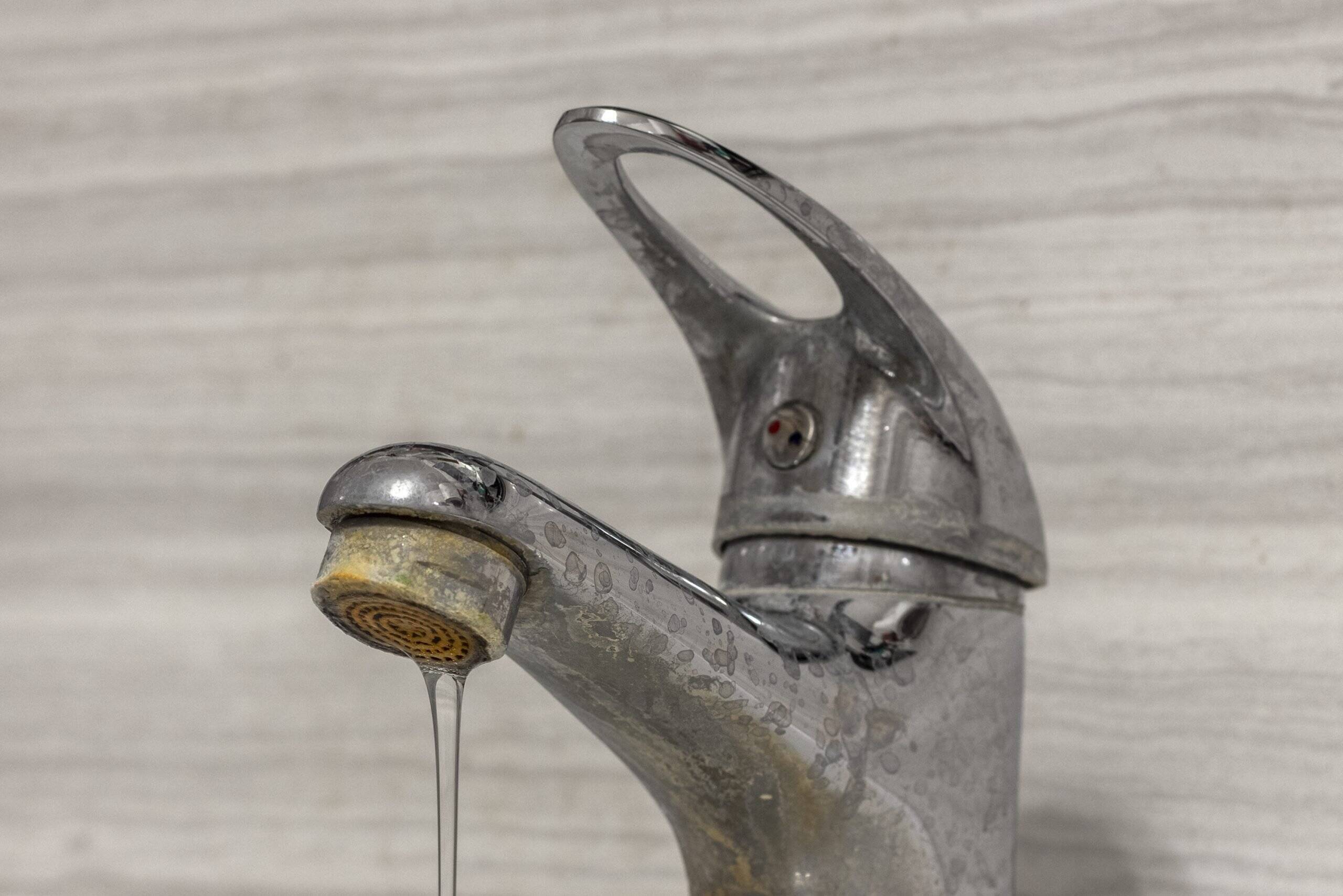
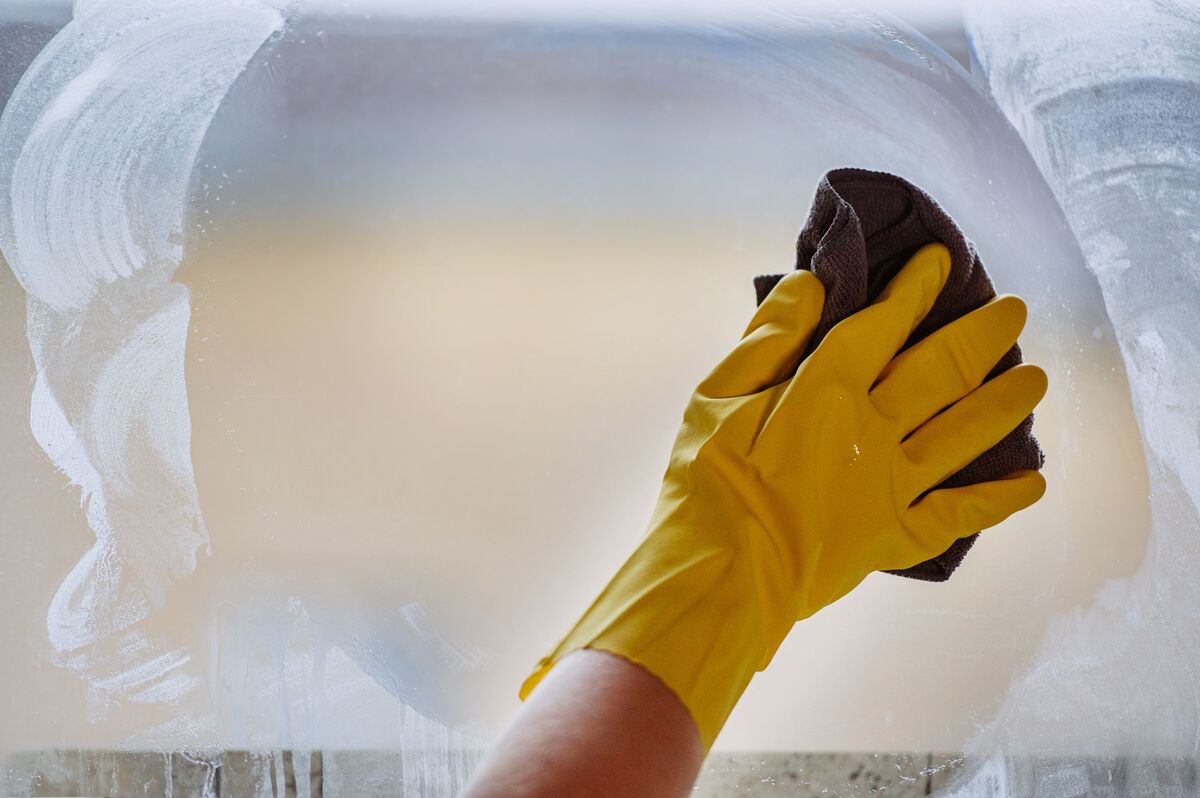
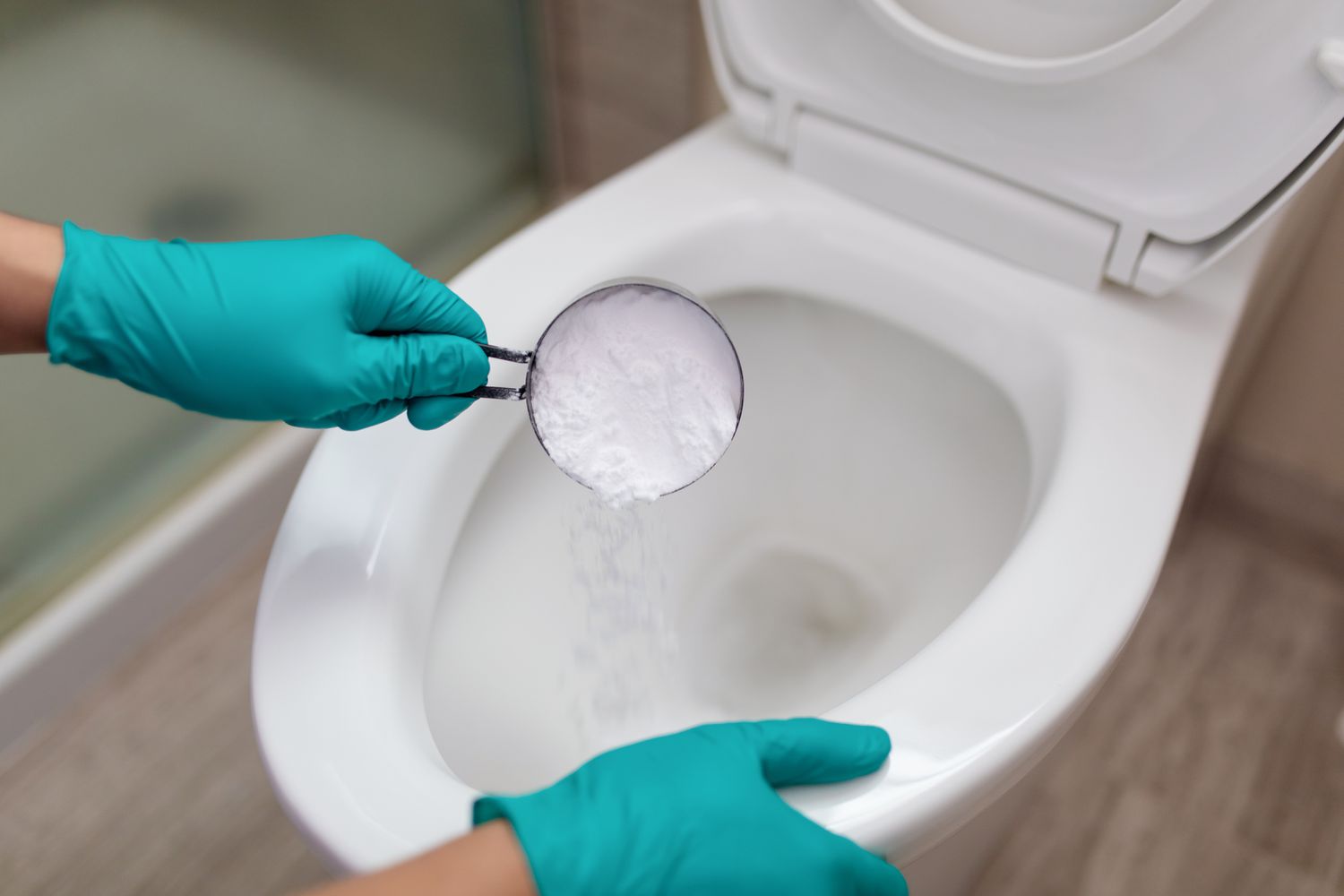
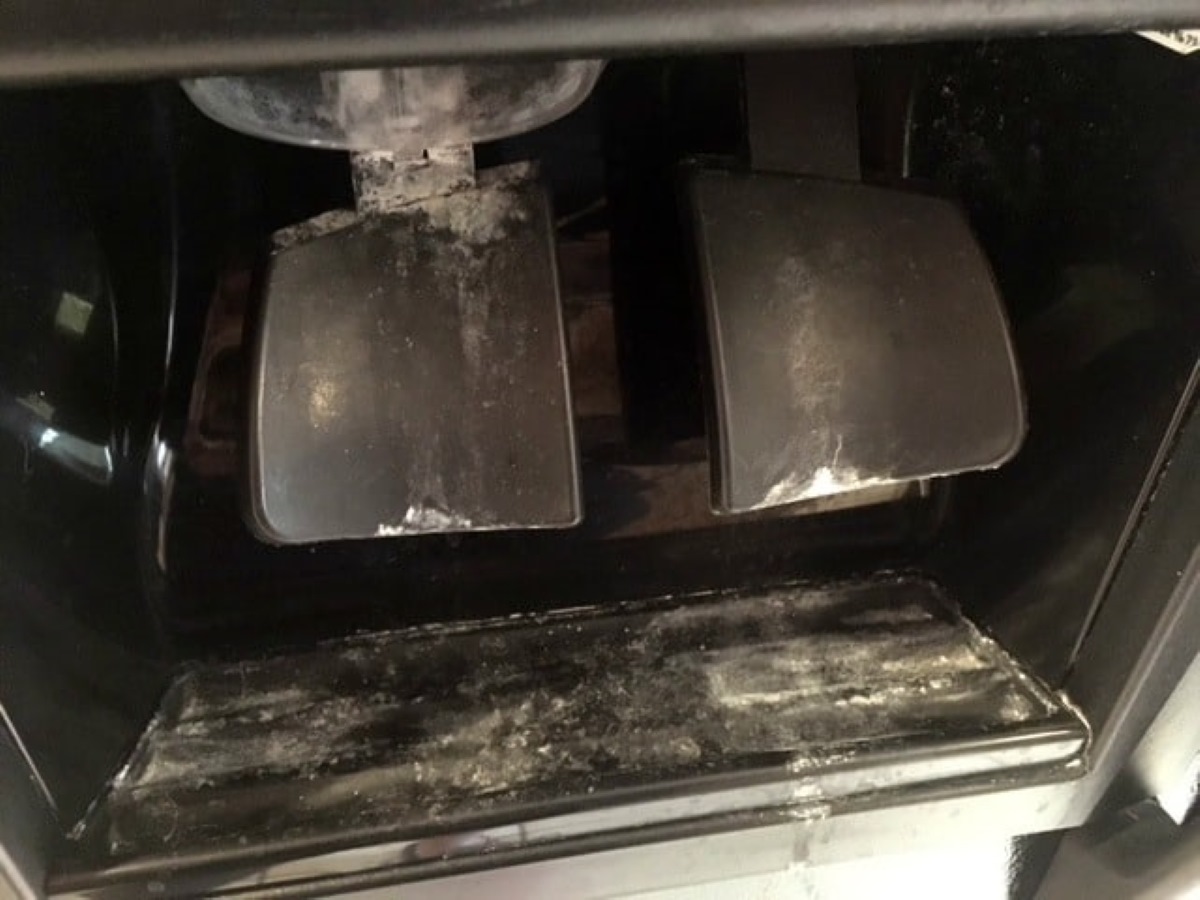
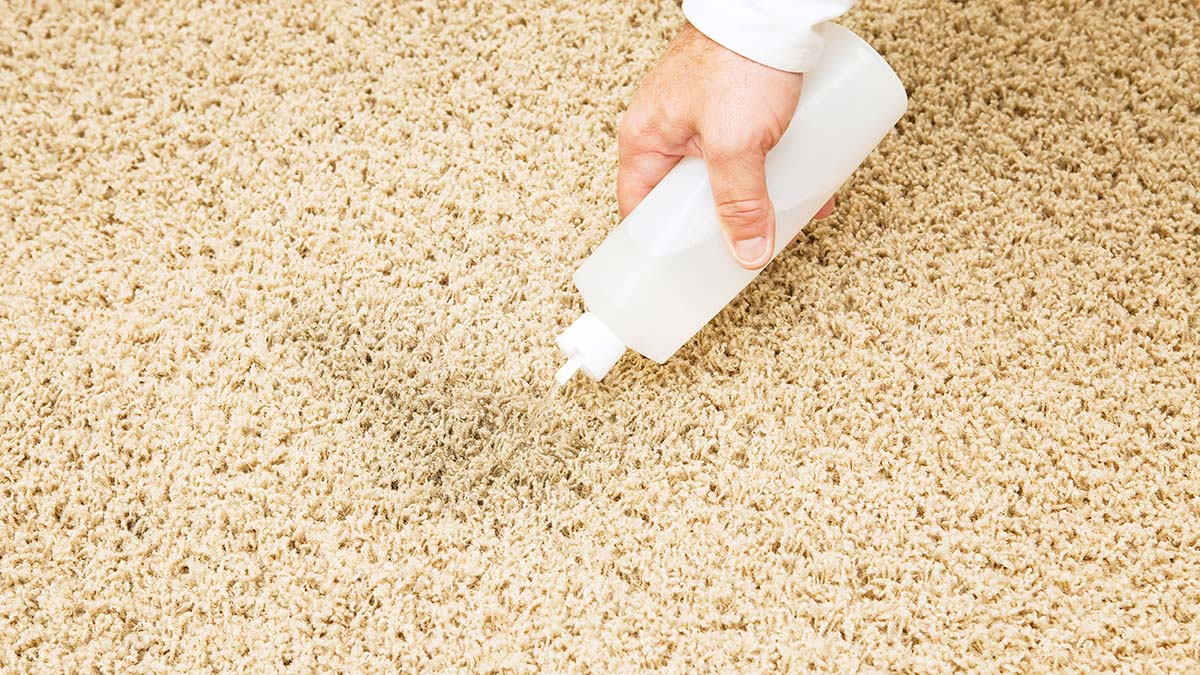
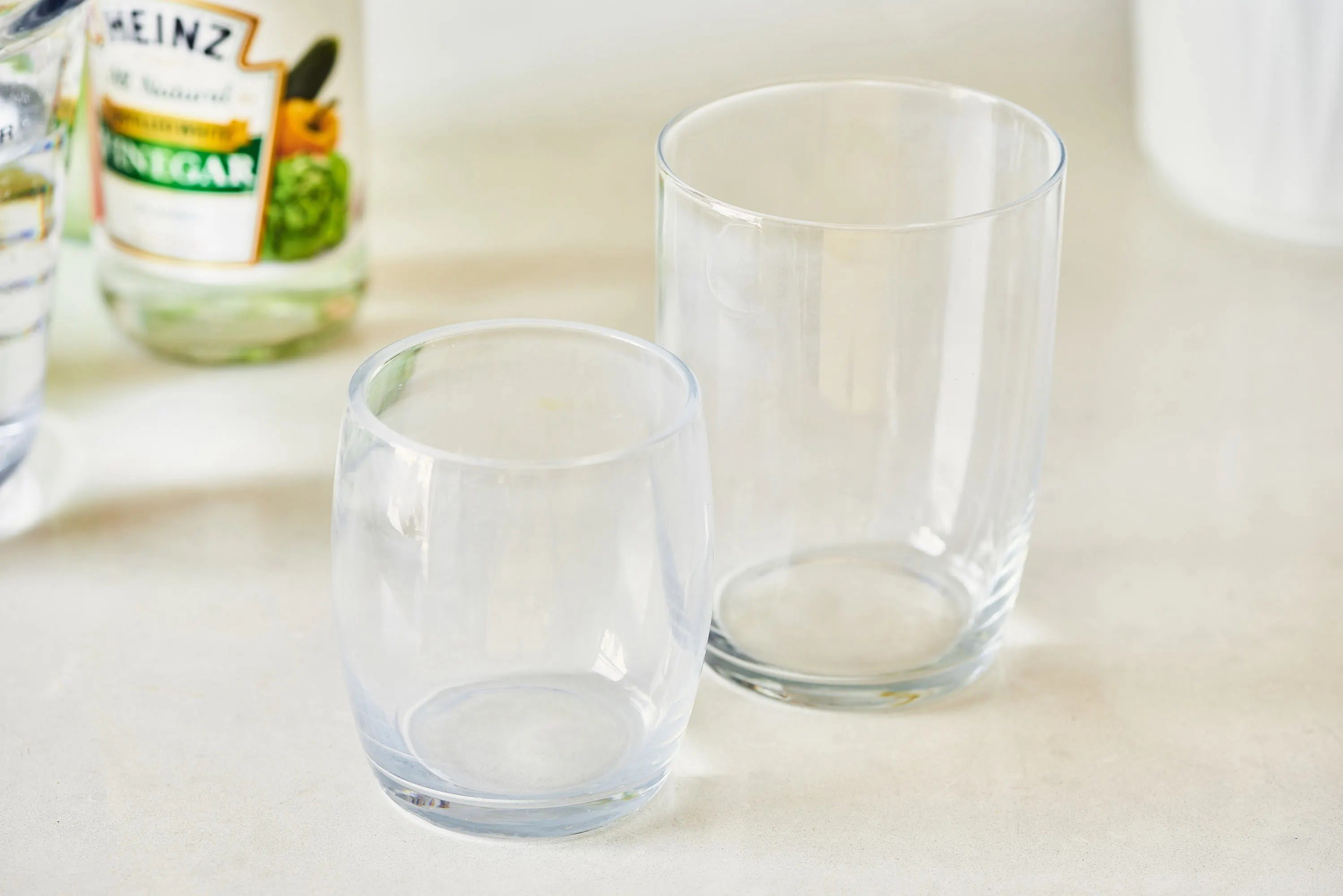
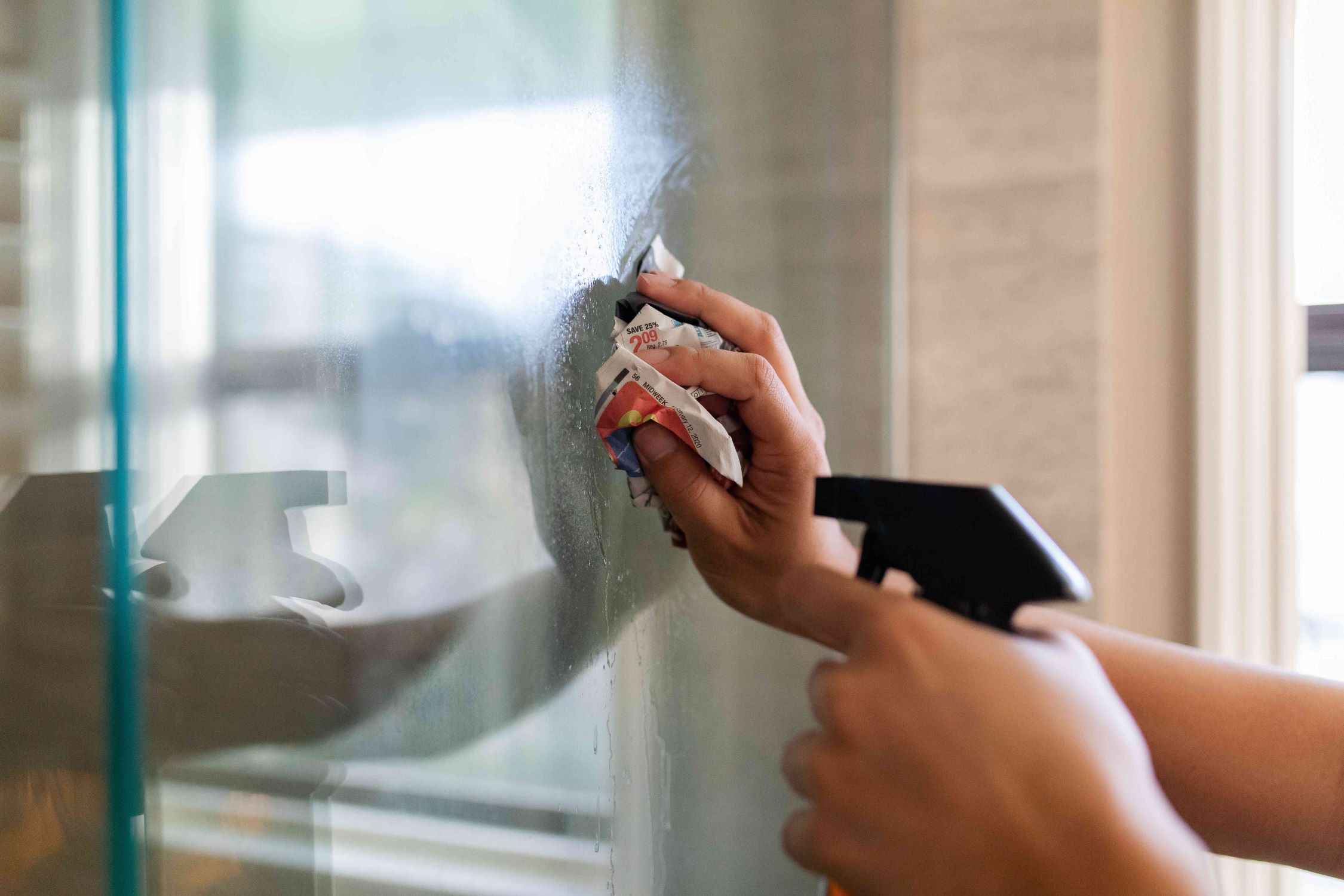
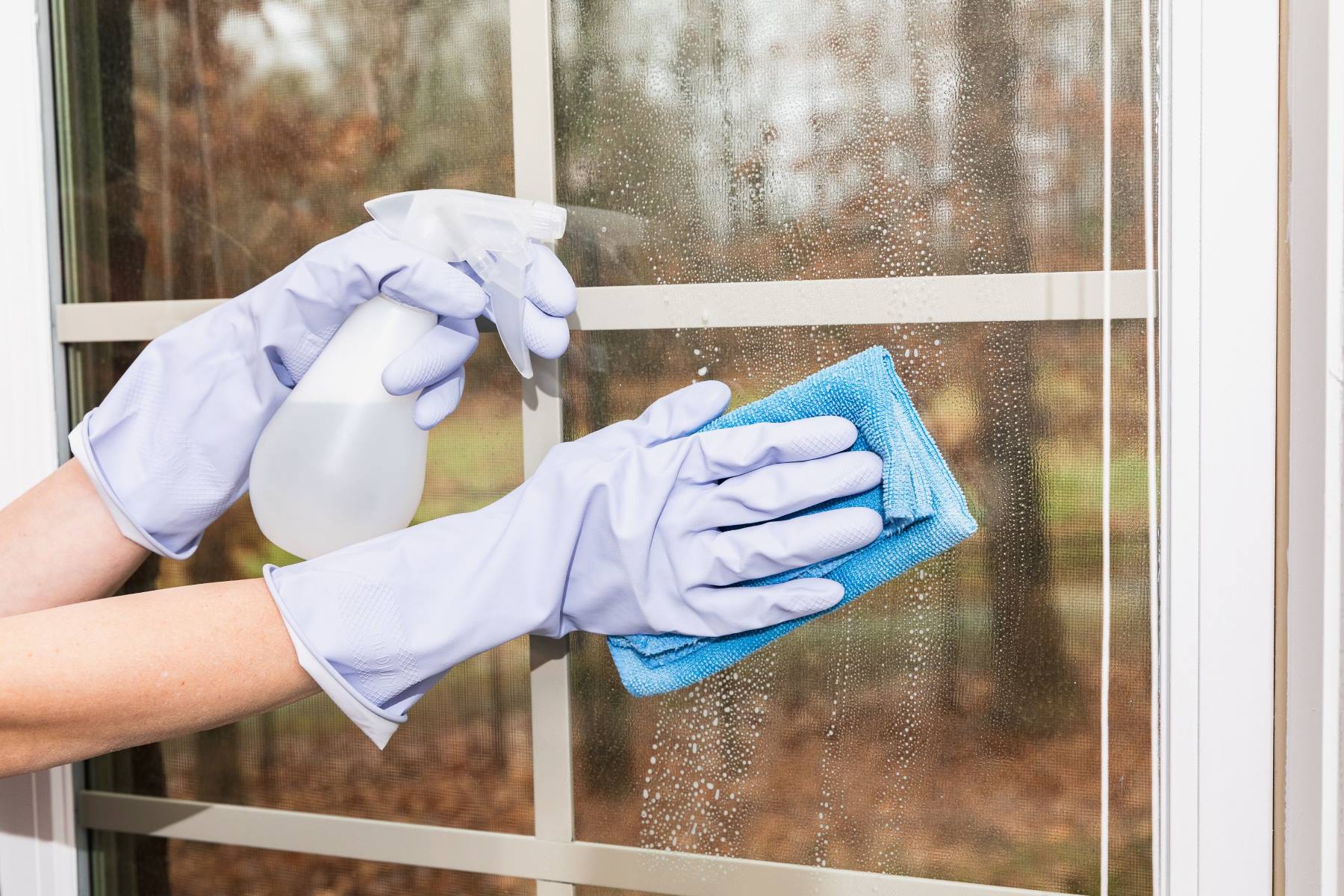
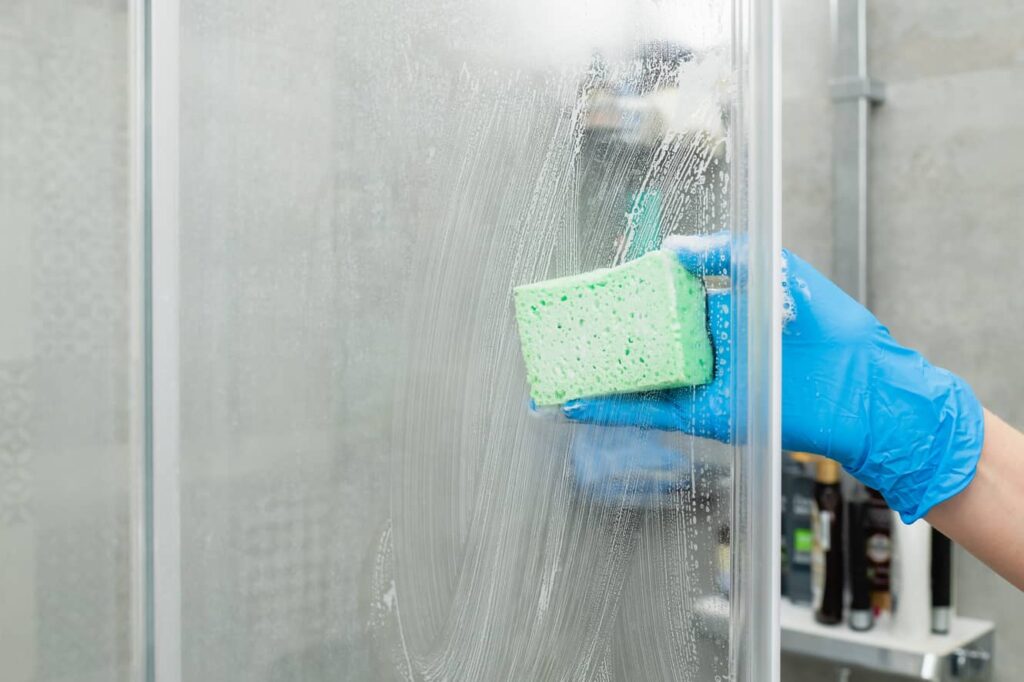
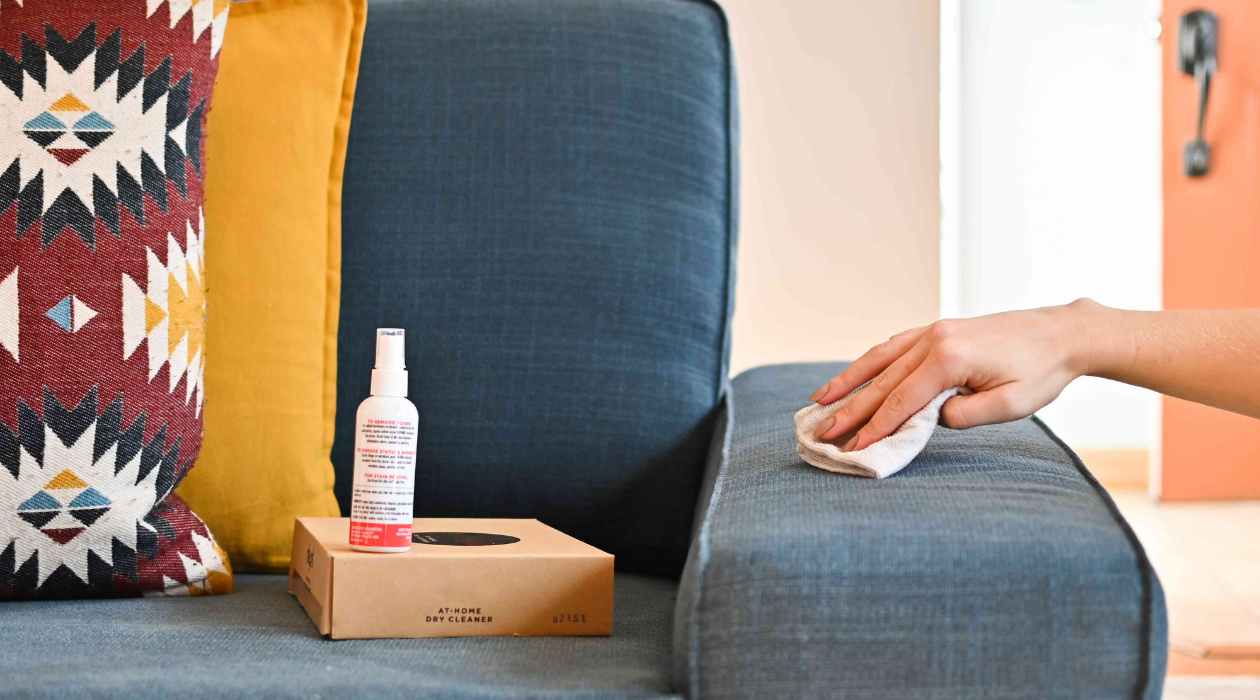

0 thoughts on “How To Remove Hard Water Stains From Glass”